Nature study finds that silicon-shelled diatoms dissolve more slowly, causing them to sink
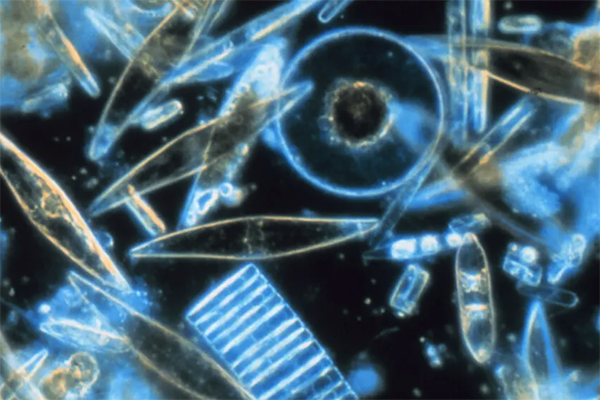
A study in the May 25 issue of Nature indicates that ocean acidification, a process triggered by the uptake of excessive amounts of carbon dioxide (CO2), is a greater threat to marine diatoms than previously believed.
Researchers from GEOMAR Helmholtz Centre for Ocean Research Kiel in New Zealand and the University of Tasmania say that diatoms, a common type of phytoplankton, linked an overarching analysis of various data sources with Earth system modeling.
They discovered that the silicon shells dissolved more slowly than those of calcifying organisms like oysters and corals, which use calcium carbonate to form their shells. Globally widespread, diatoms use silica– a compound of silicon, oxygen and hydrogen – as a building material for their shells.
Dissolving more slowly causes diatoms to sink to deeper layers of the ocean before they are chemically dissolved and converted back into silica, removing a key nutrient from upper light-flooded layers, where it is needed to form shells. This causes a decline in diatoms, which are the basis of many marine food webs and act as a biological carbon pump that transports CO2 into the deep ocean for long-term storage.
Read the full study here.
Follow the Advocate on Twitter @GSA_Advocate
Now that you've reached the end of the article ...
… please consider supporting GSA’s mission to advance responsible seafood practices through education, advocacy and third-party assurances. The Advocate aims to document the evolution of responsible seafood practices and share the expansive knowledge of our vast network of contributors.
By becoming a Global Seafood Alliance member, you’re ensuring that all of the pre-competitive work we do through member benefits, resources and events can continue. Individual membership costs just $50 a year.
Not a GSA member? Join us.
Author
-
Responsible Seafood Advocate
[103,114,111,46,100,111,111,102,97,101,115,108,97,98,111,108,103,64,114,111,116,105,100,101]
Tagged With
Related Posts
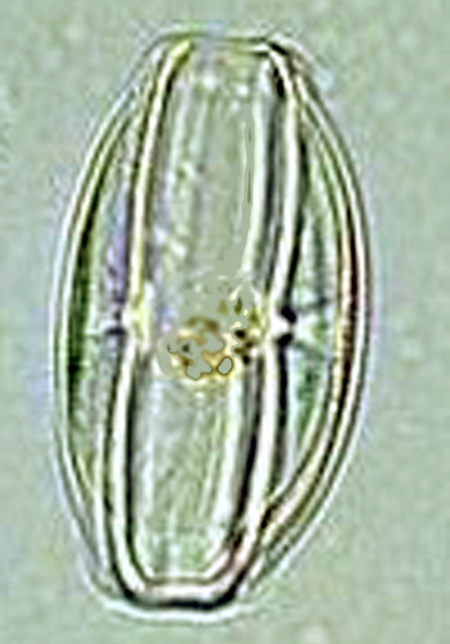
Health & Welfare
Improved shrimp larviculture using diatoms
Progressive hatchery operators recognize the benefits of adding benthic pennate diatoms of the genera Amphora and Navicula to their larviculture tanks.
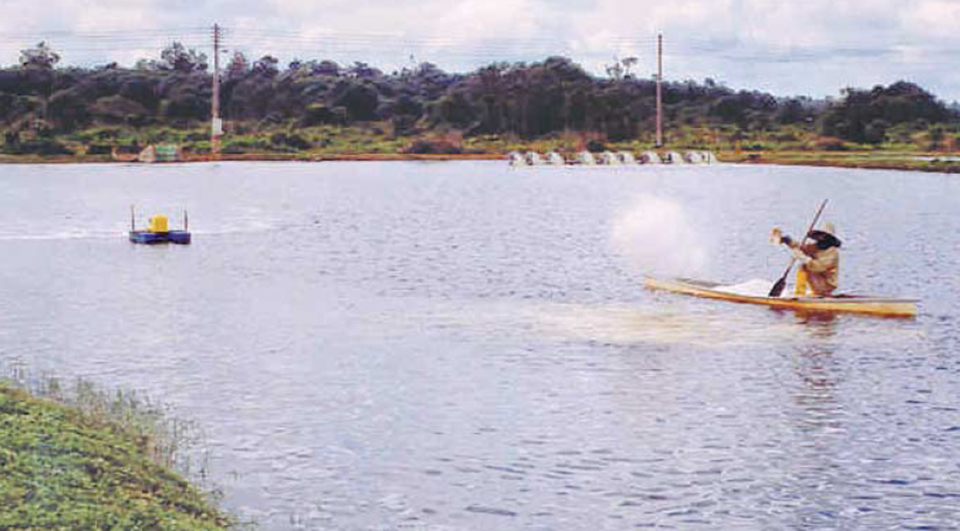
Responsibility
Chemical fertilizers in pond aquaculture
Chemical fertilizers are frequently used in pond aquaculture to stimulate phytoplankton productivity and enhance the availability of natural food organisms.
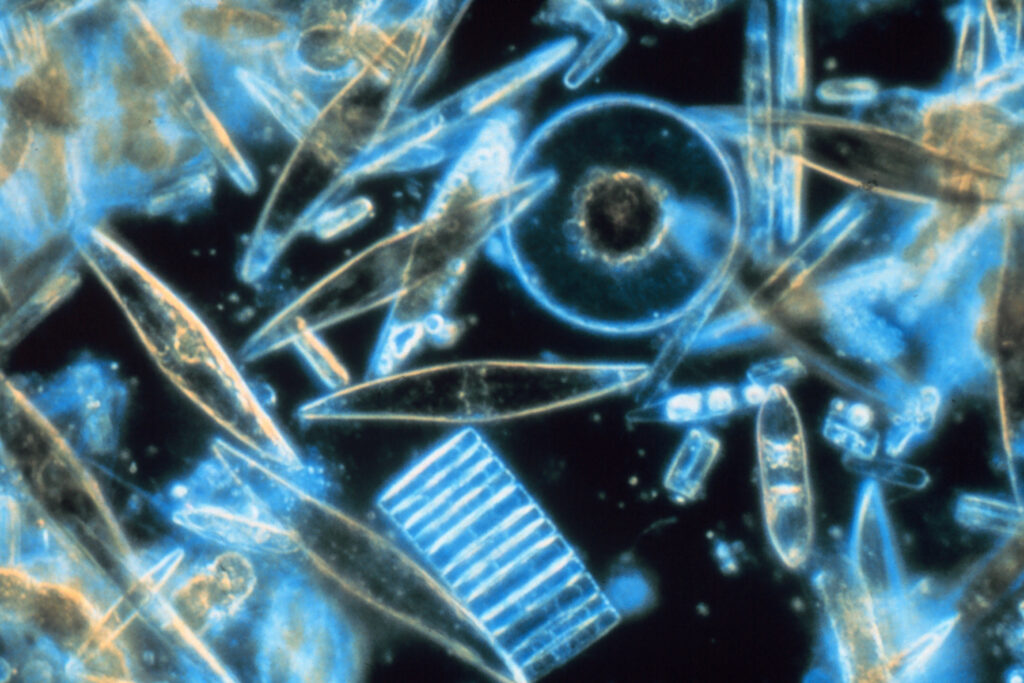
Health & Welfare
Can photoautotrophic cultivated diatom biomass in salmon feed deter lice?
An evaluation of experimental Atlantic salmon diets with photoautotrophic cultivated diatom biomass shows the potential to deter lice.
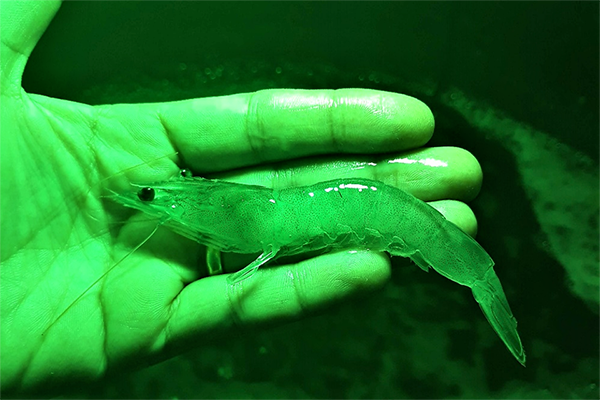
Health & Welfare
Colored LED lights can influence shrimp growth, water quality in biofloc culture
Pacific white shrimp reared with green and red lights grew much larger but showed little differences for survival, feed conversion or productivity.



